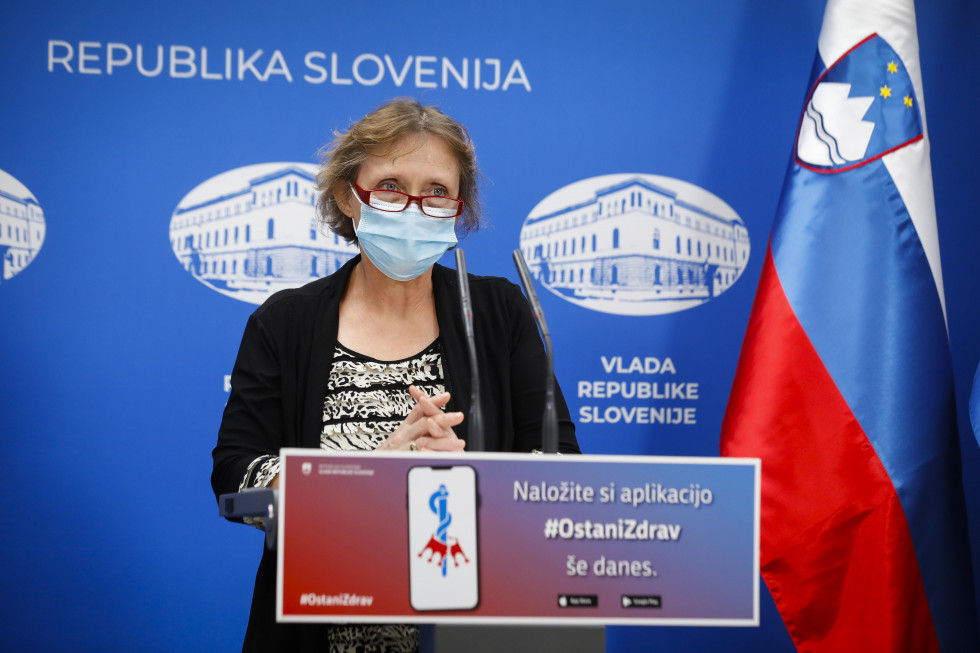The first manufacturer will receive a vaccine manufacturing authorisation at the end of November
The European Commission is negotiating with seven vaccine manufacturers; a preliminary agreement has been concluded already with four vaccine manufacturers, which includes the price, supply conditions and delivery times. With a preliminary agreement, the European Commission enabled manufacturers to accelerate development and increase production capacity. All Member States will receive the vaccine at the same time and under the same conditions. Some Member States have tried to negotiate directly with manufacturers but unsuccessfully.
The EU has developed a vaccination strategy, which includes the method of implementation, identification of risk groups and monitoring the side effects of vaccination. The national strategy is still being developed, but it will contain three versions, as vaccines also differ from one another and are classified into three different platforms. For instance, one vaccine will have a greater effect, the second vaccine will have a lower likelihood of adverse side effects, while the third will have a strong effect on boosting the immune system.
The first manufacturer is expected to receive a manufacturing authorisation at the end of November, and will be able to provide the vaccine at the end of December. It is not yet entirely clear what quantity the manufacturer will be able to provide. However, each country has to agree with the manufacturers on operational matters such as delivery logistics, the methods of storage and/or warehousing and the number of collection points. To this end, Minister Gantar will meet with the representatives of the pharmaceutical company Pfeizer next week.
Vaccination will be voluntary. A promotional campaign in support of vaccination will be launched. Vaccination will not be free, but the money for the vaccine will be provided by the state budget.


